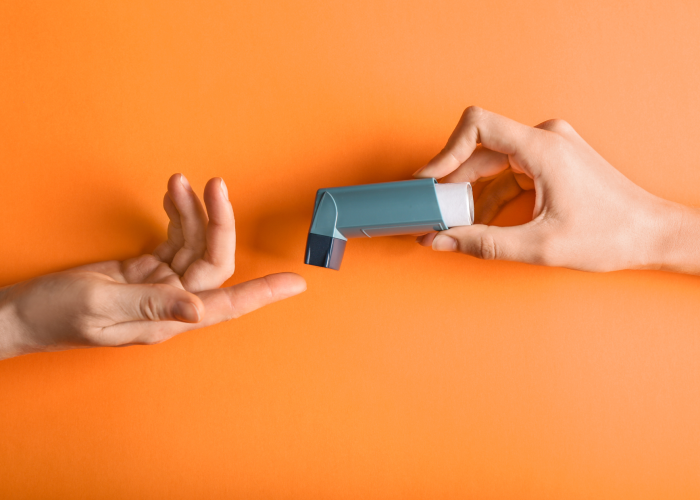Logan Ryan, Senior Innovation Manager, reflects on how access to real world evidence could help on your innovation journey.

As Senior Innovation Manager for the Innovation Exchange I have the pleasure of working with innovators on how they can get their great ideas into the hands of clinicians and patients, to improve healthcare outcomes for North West Londoners. This might involve discussing their value proposition and how their product aligns with local priorities at an innovation surgery, or sharing tips on navigating complex regulatory processes and identifying appropriate sources of funding in a webinar. And whilst the brilliant ideas are always new and exciting, the barriers they need to overcome to get their innovation into the NHS are usually the same; access routes to clinicians and services, securing development funding and – the one that seems to allude companies at all stages of their innovation journey – evidence.
Traditionally, there was just one way an SME could get the evidence needed to bring their idea into practice; clinical trials. This was a huge financial burden for innovators, especially smaller start-ups. However, real world evidence offers a fresh opportunity for many SMEs – as well as larger companies – to interrogate existing data and consider the implications of their innovation in a methodical and controlled way, whilst retaining the accuracy that real-world data provides.
After all, innovation – like quality improvement – is a journey, not a destination.
This is not to say there are not huge benefits to clinical trials – quite the opposite is true. But what RWE allows is an opportunity for insight across all stages of product development from sense-checking at “ideation”, market research at “invention”, and evaluation following “implementation”. After all, innovation – like quality improvement – is a journey, not a destination.
In North West London, we are fortunate to have a wealth of RWE accessible to us through the Whole Systems Integrated Care (WSIC) dataset, which is a powerful, longitudinally-linked data set combining healthcare date across primary, secondary and tertiary care for the NW London patients we serve. Our hosting of the health data research Hub, Discover-NOW, which hosts the data, deidentified and depersonalised, in a secure data environment, means that we can utilise this rich dataset to support the development of innovations that align with the local priorities in NW London, as well as support the system in determining the value of implementing an innovation, strengthening its value proposition and giving confidence the NHS customer. Furthermore, our datasets are continually being updated (and for certain metrics these are refreshed as often as weekly), which is unique when compared against other nationally available datasets of this kind too.
But what RWE allows is an opportunity for insight across all stages of product development
RWE can also be gathered through pilot programmes. At ICHP we work closely with our local ICB to understand the local needs of our population through being embedded within ICB local work and conducting active problem definition exercises with clinical leads through Innovation Reviews, so we can focus on supporting innovators who best match local priorities. Our relationship with our local system means that we have opportunities: to raise profile of your innovation or the problem you are addressing; to identify pilot sites in our areas and support with the evaluation of this implementation and; to identify individuals or organisations which are best placed to support you at your stage of your innovator journey.
So, if getting your great idea into the hands of clinicians and patients is being held back by the burden of proof – get in touch to discuss your RWE options at one of our Innovation Surgeries.
Or read more about how RWE is revolutionising the way we treat and prevent disease.



